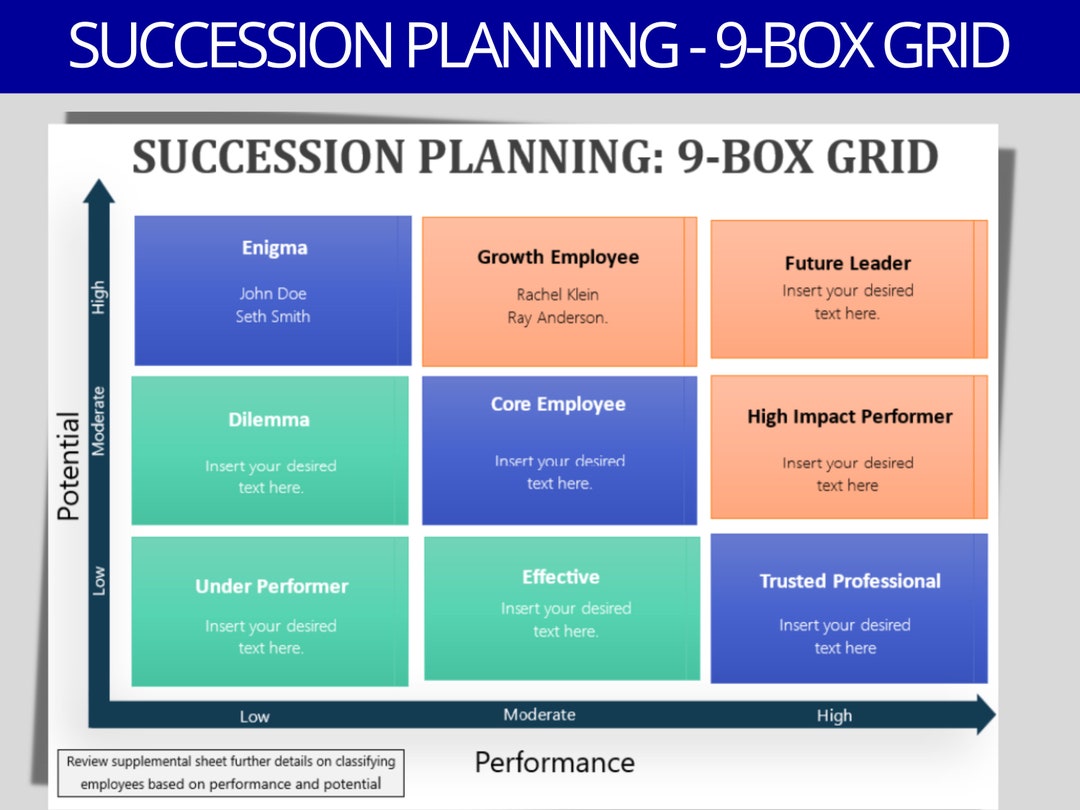Succession Planning: The Growing Concerns Of The Super Wealthy

Table of Contents
The Complexity of Ultra-High-Net-Worth Estates
The estates of ultra-high-net-worth individuals are significantly more complex than those of average individuals. They extend far beyond simple financial holdings like stocks and bonds, encompassing a multifaceted web of assets and interests requiring specialized knowledge in wealth management and estate planning.
- Complex business interests: UHNWIs often own stakes in private equity firms, control substantial real estate portfolios across multiple countries, and manage intricate business ventures that require careful consideration during succession. Understanding the valuation and transfer of these holdings is crucial for successful wealth transfer.
- Global asset distribution: Assets are frequently spread across numerous jurisdictions, bringing into play a complex web of international tax planning considerations. Navigating varying legal frameworks and tax codes is paramount to minimizing liabilities and ensuring compliance.
- Philanthropic endeavors and charitable foundations: Many UHNWIs establish and maintain significant charitable foundations, requiring careful planning to ensure the continued success and adherence to the original philanthropic vision post-succession. This includes outlining governance structures and ensuring proper funding.
- Family offices and intricate investment structures: UHNWIs often utilize family offices to manage their wealth, encompassing complex investment structures and strategies. The succession plan must account for the continuity of these offices and the transition of management responsibilities.
The legal and tax complexities involved in transferring such diverse assets demand expertise in international tax planning, sophisticated estate planning strategies, and a deep understanding of wealth management principles.
Family Dynamics and Succession Disputes
The transfer of significant wealth often intensifies pre-existing family tensions, leading to potential conflicts and disputes amongst heirs. Effective succession planning must address these sensitive family dynamics to minimize the risk of protracted legal battles and fractured relationships.
- Sibling rivalry and disagreements over inheritance distribution: Differing expectations and perceived fairness in inheritance distribution can spark significant family conflict. Careful planning, potentially involving independent mediators, is crucial.
- Differing visions for family businesses or philanthropic initiatives: Disagreements on the future direction of family businesses or charitable foundations can lead to irreconcilable differences between heirs. Clear communication and established governance structures are vital.
- The role of pre-nuptial agreements and trusts in mitigating disputes: Proactive legal measures, such as well-drafted pre-nuptial agreements and strategically designed trusts, can help to protect assets and clarify expectations, reducing the potential for disputes.
- The importance of open communication and family governance structures: Establishing open lines of communication and a clear family governance structure, ideally implemented well in advance of the succession event, can foster harmony and prevent conflicts.
Strategies for conflict resolution, including mediation and arbitration, should be considered and incorporated into the overall succession planning strategy. A proactive approach to family governance is essential for preserving family harmony and wealth.
Protecting Assets from Volatility and External Threats
Significant wealth is inherently vulnerable to economic downturns, geopolitical instability, and unforeseen legal challenges. Proactive asset protection strategies are crucial for preserving the family’s wealth across generations.
- Diversification strategies for mitigating investment risk: A well-diversified investment portfolio is paramount to minimizing the impact of market fluctuations and economic downturns. This includes a range of asset classes and geographical diversification.
- Protecting assets from inflation and geopolitical instability: Strategies for protecting against inflation and geopolitical risks—such as investing in hard assets, employing hedging techniques, and establishing offshore holdings—are crucial.
- Estate preservation strategies against potential litigation or legal challenges: Implementing robust asset protection structures, such as trusts and limited liability companies (LLCs), is essential to shield assets from potential lawsuits or creditor claims.
- Utilizing sophisticated trusts and asset protection vehicles: Sophisticated trust structures, including dynasty trusts and offshore trusts, can provide significant asset protection and tax advantages, ensuring wealth preservation across generations.
Risk management is an integral part of succession planning for UHNWIs. Proactive measures are vital to safeguard the family's legacy and financial security.
The Role of Experienced Professionals in Succession Planning
Successfully navigating the complexities of succession planning requires the expertise of a multi-disciplinary team of professionals.
- Estate planning attorneys specializing in high-net-worth individuals: Experienced attorneys are crucial in drafting legally sound and tax-efficient estate plans, ensuring compliance with all applicable laws and regulations.
- Financial advisors with expertise in wealth preservation and tax optimization: Financial advisors with deep knowledge of investment strategies, tax optimization, and wealth preservation techniques are essential for managing and protecting the family’s assets.
- Family therapists or counselors for conflict resolution and communication: Family therapists can help facilitate open communication and resolve potential conflicts between family members, fostering a harmonious environment during the succession process.
- Private wealth management firms offering holistic solutions: Private wealth management firms often provide comprehensive services, coordinating the efforts of various specialists to ensure a cohesive and effective succession plan.
Engaging experienced professionals is not merely advisable; it's essential for achieving a successful and conflict-free wealth transfer.
Conclusion
Succession planning for the super wealthy is a multifaceted process demanding meticulous attention to detail and proactive engagement with specialized professionals. By addressing family dynamics, safeguarding assets, and navigating complex legal and tax landscapes, UHNWIs can effectively transfer their wealth and legacy to future generations. Don't leave your family's future to chance. Start planning your comprehensive succession strategy today and secure the legacy you've worked so hard to build. Contact a specialist in succession planning for UHNWIs to begin creating a tailored plan. (Keywords: Succession Planning, Wealth Transfer, Legacy Planning, UHNWIs, Estate Planning)

Featured Posts
-
 Abn Amro Ziet Occasionverkoop Flink Toenemen Groeiend Autobezit Als Drijfveer
May 22, 2025
Abn Amro Ziet Occasionverkoop Flink Toenemen Groeiend Autobezit Als Drijfveer
May 22, 2025 -
 Connaissez Vous Vraiment La Loire Atlantique Un Quiz Pour Le Savoir
May 22, 2025
Connaissez Vous Vraiment La Loire Atlantique Un Quiz Pour Le Savoir
May 22, 2025 -
 Loire Atlantique Un Quiz Sur Son Histoire Sa Gastronomie Et Sa Culture
May 22, 2025
Loire Atlantique Un Quiz Sur Son Histoire Sa Gastronomie Et Sa Culture
May 22, 2025 -
 Distributie De Vis Pe Netflix Un Nou Serial Care Promite Mult
May 22, 2025
Distributie De Vis Pe Netflix Un Nou Serial Care Promite Mult
May 22, 2025 -
 Suspect Arrested In Killing Of Embassy Employees Lischinsky And Milgram
May 22, 2025
Suspect Arrested In Killing Of Embassy Employees Lischinsky And Milgram
May 22, 2025
